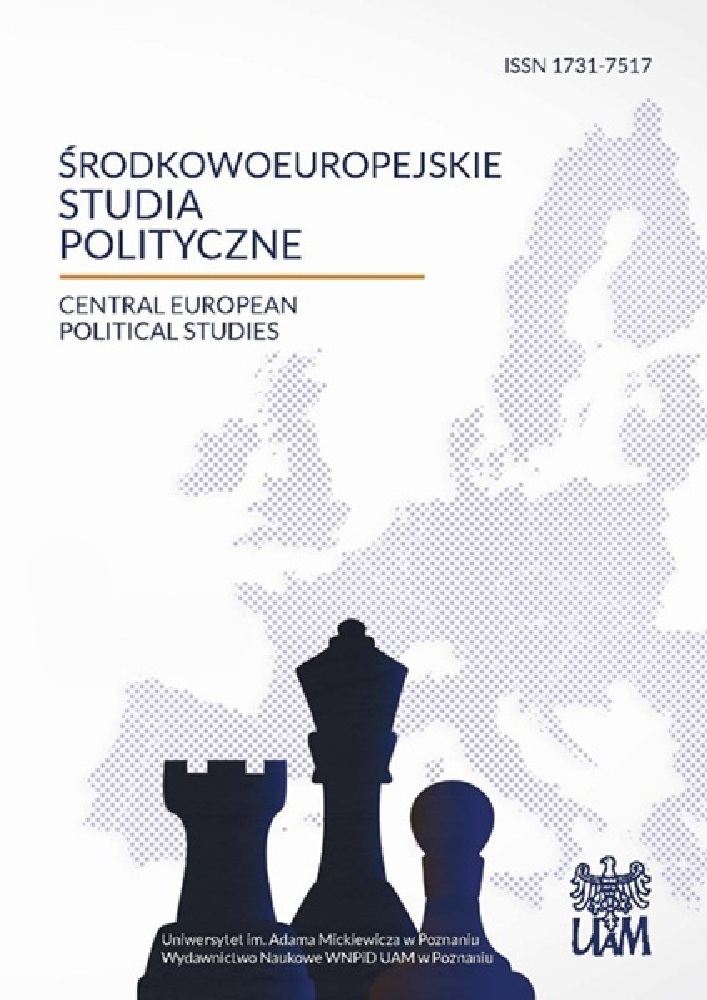Abstrakt
The commune (gmina) of Kleszczów, located at the edge of the „Be³chatów” Brown Coal Mine is among the most affluent and best-organized communes in Poland. It has experienced rapid social and economic advancement since the 1970’s. Yet an anthropological study reveals the bottom economic layer of the local society – a grouping of houses that are falling apart and farms that have so far gone unnoticed. Aconsiderable portion of social images refers to the emergence of the coal mine as a certain catastrophe: the stories of the mine origins reflect a certain sacrifice related to the construction of the enormous structure. The mine is presented as an external, destructive force. Simultaneously, numerous households left at the edges of the strip mine are still hoping that the mine will buy the farms existing at its edges. The memories and texts emerging within these settlements are a peculiar record of the mine’s history, its origins and development. It is a kind of cultural enclosure, an anthropological laboratory. The subject of the research refers to the experience of rapid external modernization – its reception, evidence and rich mythology.
Licencja
Copyright
© 2005, Uniwersytet im. Adama Mickiewicza w Poznaniu, Wydawnictwo Naukowe Instytutu Nauk Politycznych i Dziennikarstwa
OPEN ACCESS
